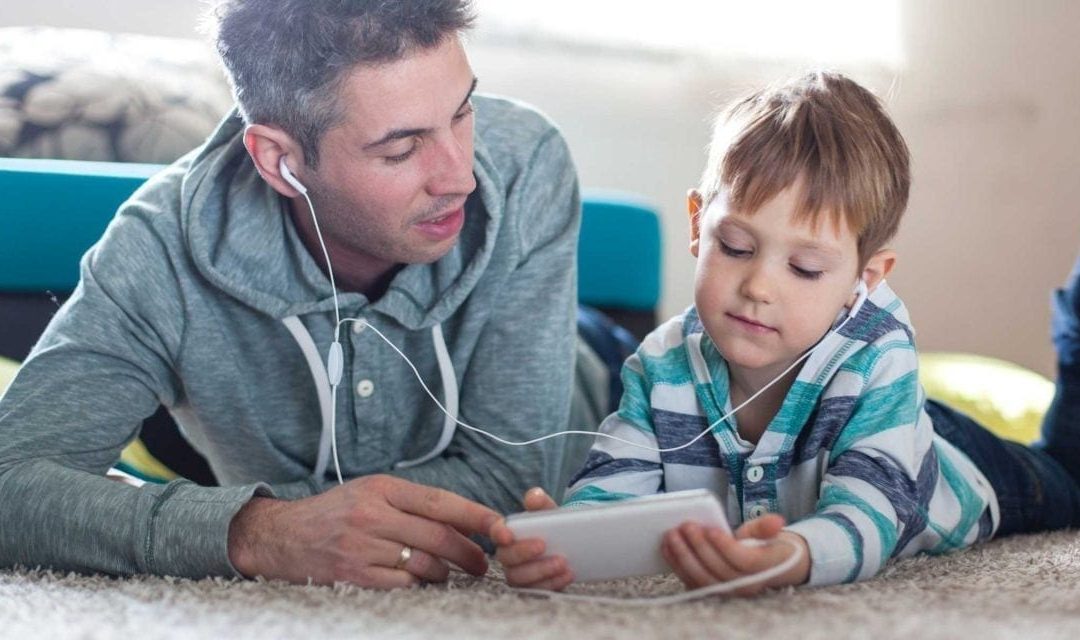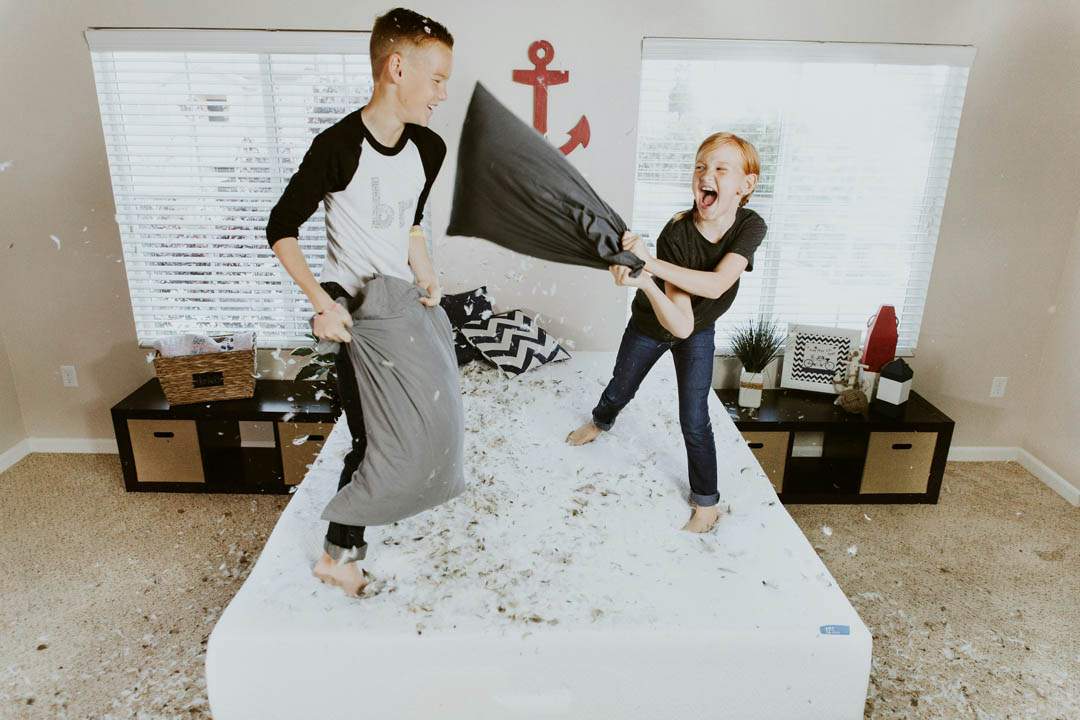In recent years, neuroscientists have identified specific neurons in the brain that have been labeled as ‘mirror neurons.’ These mirror neurons fire when observing behavior, similar to what occurs when doing the behavior. In other words, learning happens by observation of behavior. The more these actions are simple rather than complex, the quicker the learning can occur through observation. Such insights may explain why what we model for our children plays a powerful and pervasive role in their lives. And why we must carefully contemplate the integrity of what we model rather than being so concerned about all those words and lectures.
How many of you find yourself getting absurdly angry at other drivers when you don’t like this? Yet, you can recall your dad frequently modeling such upset when you were a child. Mirror neurons!
How many said you would never yell and scream at your kids like your mom did? Yet, now that you have a challenging child, you lose your cool regularly. Afterward, you beat yourself up and wonder how you ended up with the very same pattern of behavior as your mom. Mirror neurons are at work again!
How many of you find yourself nagging your partner or spouse over the small stuff, just like your parents did? You said to yourself that you would never be that way, yet here you are. Once again: mirror neurons may be the culprit.
We all understand that life can be remarkably challenging and that raising a family makes it more challenging. Let’s add a strong-willed or difficult child; the challenges are multiplied. Whenever we are in stressful or demanding situations, that is where we are most vulnerable to falling back upon our fundamental training. What did we learn about handling these tough situations from our parents? What is stored deep in our mirror neurons? We often experience this happening repeatedly, despite our best intentions.
Step Inside Your Child’s Brain.
Imagine this; you just discovered an impeccable recording device in your child’s brain (i.e., mirror neurons running all the time). This recording device follows the primary teachers' lead to ensure the child understands how to handle life.
This recorder (mirror neurons) takes notes about how to handle frustration, how to deal with anger when to complain, and when to react. It also notices when it’s okay to be happy, scared, or at ease. It never stops recording and pays close attention to every comment. But the recorder is specially designed to record more intense, emotional, and memorable events because these appear to gain considerable attention and consume energy. Thus, these moments take a special place in your child’s memories and serve as a guide to handling life.
We know now that the mirror neurons are rehearsing these same actions so they are stored deep in the brain for future reference and to be available automatically, without much thought.
Keep asking: What lessons did I record today?
In other words, every day, it is likely that the recorder has saved a few lessons. What did the mirror neurons record today? Would you be proud? Are you happy with the lessons recorded? Over time, these mirror neurons will be filled with examples of two types. There are positive examples of what to do, emotions to follow, and moments to emulate. Follow that leader!
And there are negative examples that we would like to erase, but we cannot. These moments are examples of what NOT to do, what NOT to say, and how NOT to react.
If we want our children to move into the world easily and succeed, we must take responsibility for being the model that constantly leaves a trail of positive lessons behind. If we take this parenting job seriously (most do!), we must keep recognizing that our lectures or talks about good character mean virtually nothing compared to our actions reflecting a good character.
The bottom line: You Teach Primarily Through the Integrity of Your Example
Trying to coach your children into remaining calm when they face frustration is almost impossible if you can’t model this yourself. Because the example you set is teaching those mirror neurons, and you can’t stop it.
It's impossible to teach your children to remain calm when not getting their way if you have shown them that losing your cool is a consistent option. If you don’t like what’s happening, and you can react with anger or an argument, do you? In that case, then, what are you modeling?
What do you do when things get difficult? What do you do when you have a tough day? What if your mood is off; does that give you a license to treat your family poorly? How pleasant are you to strangers who are short with you? How calm are you in the face of turmoil and stress?
Answer these questions, and you will have a good sense of what your kids are learning to do when they have had a tough day, don't feel great, or are not getting what they want. You can rest well by taking stock daily of what lessons those mirror neurons have recorded. When it didn’t go so well, remember that you will have many future moments to offer an improved example of handling things better. Thus, do not despair. Awareness of these lessons will be your friend if your intention remains to live up to your best version of you every day.






